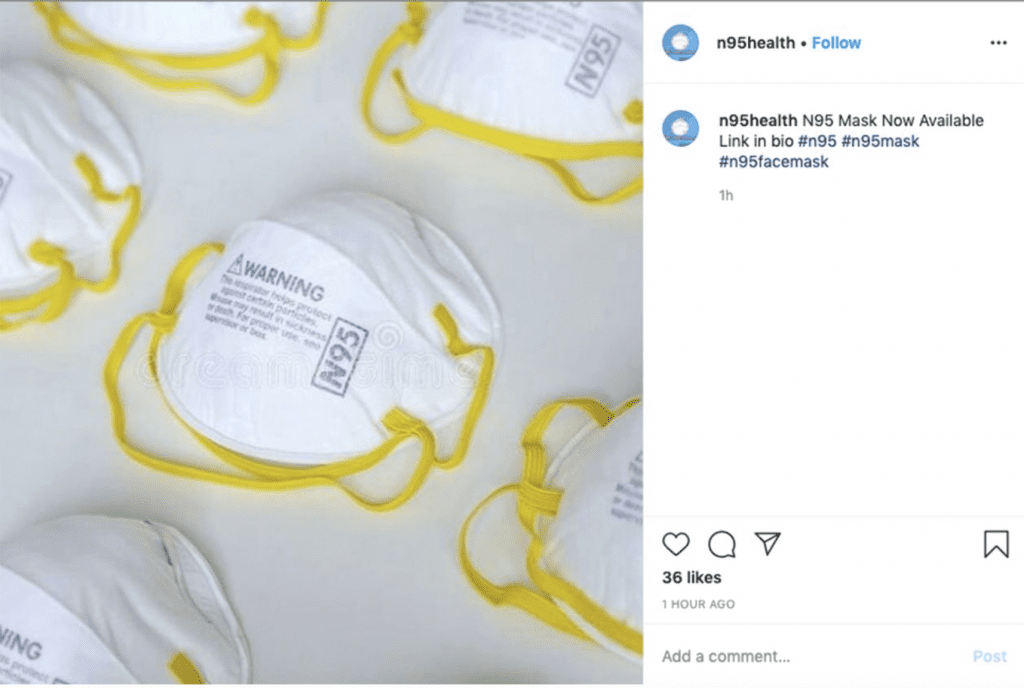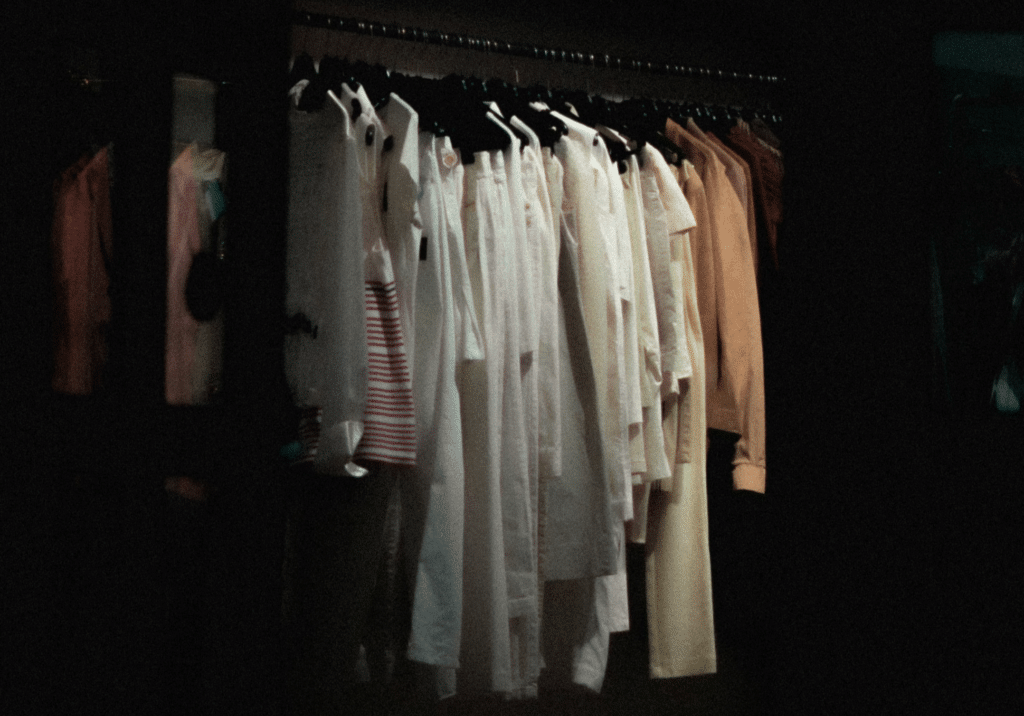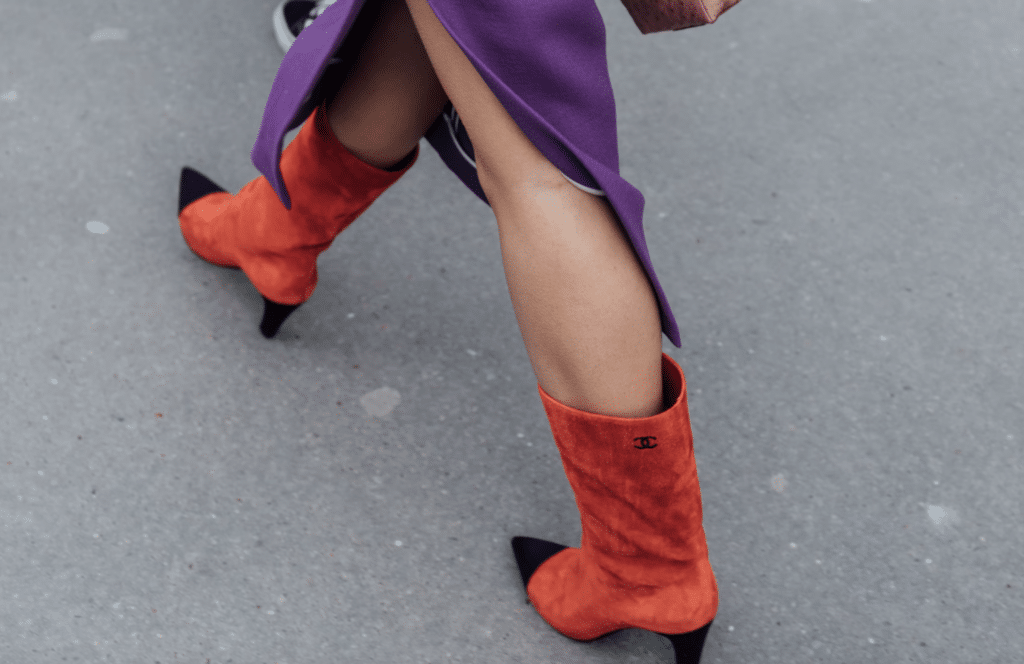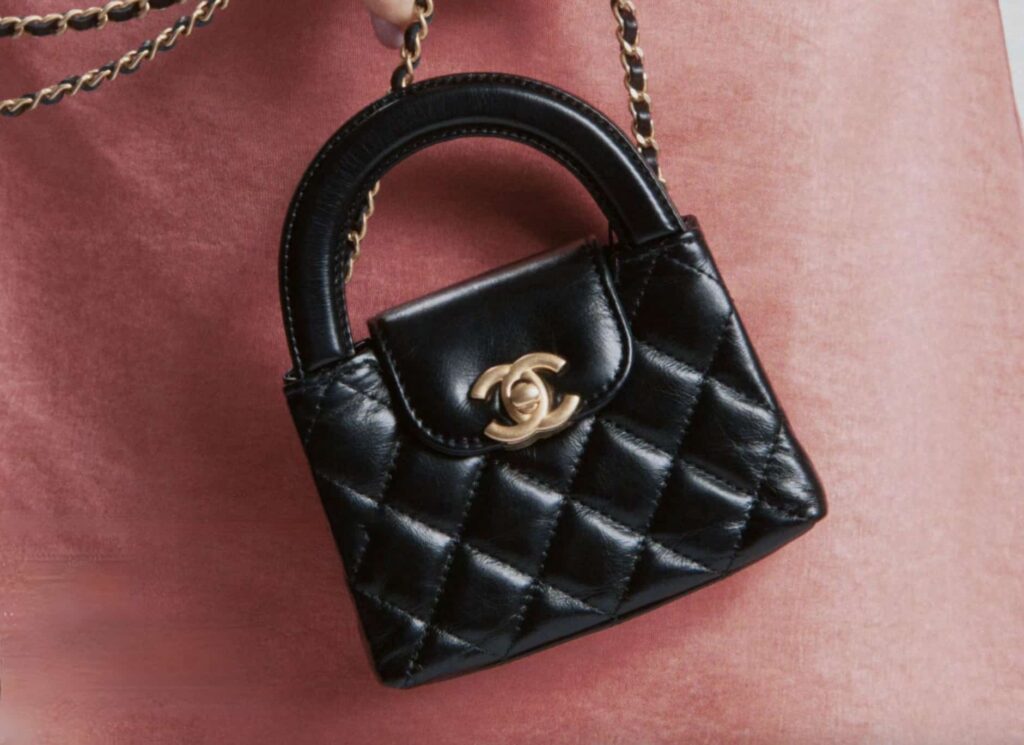Mushroom extracts, oil of oregano, and various herb-infused teas and supplements are some of the products being touted as capable of helping ward off the Coronavirus. Sound too good to be true? It is. That is what regulators in the U.S. and Canada are telling consumers, as the marketing and sale of products claiming to prevent, treat or cure COVID-19 continue to saturate the market.
In a joint statement last month, the Food and Drug Administration (“FDA”) and the Federal Trade Commission (“FTC”) asserted that “there is no cure or treatment for COVID-19,” and sent their first batch of warning letters to companies for selling fraudulent COVID-19 products in furtherance of what they have described as “an aggressive surveillance program that routinely monitors online sources for health fraud products, especially during a significant public health issue such as this one.”
Beyond targeting seven individual companies – Vital Silver, Quinessence Aromatherapy Ltd., Xephyr, LLC doing business as N-Ergetics, GuruNanda, LLC, Vivify Holistic Clinic, Herbal Amy LLC, and The Jim Bakker Show, the program of the longtime televangelist and salesman – with formal “warning” letters, which require the companies to immediately make “adequate corrections” to the marketing of their products to ensure that they do not contain false or misleading claims, the FDA and the FTC noted that their task force had “already [begun] working with major retailers and online marketplaces to remove dozens of listings of fraudulent COVID-19 products.”
In addition to sending warning letters, which are merely “the first step” in the government agencies’ crackdown efforts, FTC Chairman Joe Simons said that the agencies are “prepared to take enforcement actions against companies that continue to market this type of scam.”
Meanwhile, regulators in Canada are similarly facing off against companies peddling pseudo-science in light of the continued spread of the deadline virus. The country’s Department of Health sent “compliance notices to [dozens] of companies,” CBC News reported on Wednesday, citing the growing number of complaints that the department has received from Canadians reporting “advertisements for products that claim to prevent, treat or cure the novel coronavirus,” including for products that had been offered up on Amazon’s sweeping third-party marketplace platform.
Some of the false and/or misleading claims being made in connection with products being sold on Amazon Canada ranged from “a mixture of mushrooms that could [allegedly] boost immunity and prevent COVID-19 [to] a special ‘anti-dust, anti-fog, anti-coronavirus’ hat that [boasted that it] could isolate infected saliva,” per CBC. Amazon has since confirmed that it is working with Health Canada to quickly remove misleading products, which also include no shortage of masks and respirators that come with claims that they were “N95-certified,” meaning that they filter “at least 95 percent of airborne particles,” when they were not.
The marketing of questionable or downright problematic products goes beyond Amazon, though. Data analysis firm Ghost Data recently found that opportunists are looking beyond the likes of Amazon, Alibaba, JD.com, and Ebay’s marketplaces, and instead, “are using a chain of platforms and accounts, including Instagram, Whatsapp, and ultimately shipping companies such as EMS or DHL, to sell medical masks through non-standard and potentially highly exploitative practices.”
As reported by the Wall Street Journal, Ghost Data “found at least 10,450 accounts on Instagram that have popped up in the past few months selling masks” – via regular posts, Stories, and Instagram’s Live offering – “some of which appear to be scams and most of which are not vetted for safety or price concerns.” In addition to those accounts, most of which “link to a Whatsapp or Wechat account, and provide a basic Paypal payment option,” thereby, “guaranteeing that transactions occur with almost zero traceability,” Ghost Data revealed that it found “at least 25,000 posts using hashtags, such as #coronavirus #covid19, trying to sell masks.”
Ghost Data stated in its recently-released report that while an Instagram spokesperson explained on March 7 that “the platform had banned all ads for mask sales, about 14 days later, some consumer advocacy groups unveiled such ads still active on Facebook,” and even in light of the platform’s ban on ads, “these scammers came up with a simpler, cheaper and more effective option: making use of Instagram viral hashtags.”
The draw of these social media platforms, as opposed to the “obvious” traditional e-commerce marketplace platforms? “If you have a short-term quantity of a much sought-after product or your aim is just to scam people, those channels are certainly not ideal: they require seller screening, provide feedback system and offer payment protection tools,” per Ghost Data. The firm also states that when it comes to masks, in particular, “sellers are activating ad hoc accounts on various ecommerce platforms in order to leverage [the] power to attract customers worldwide.”











